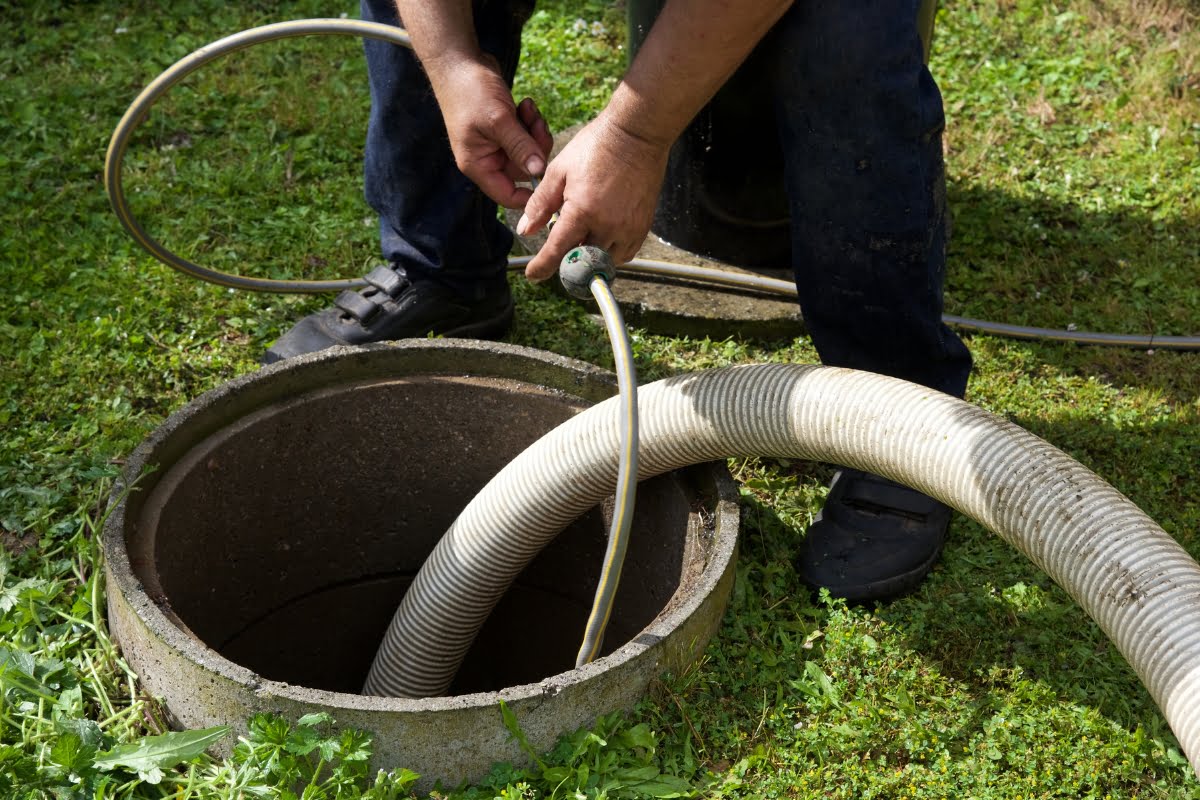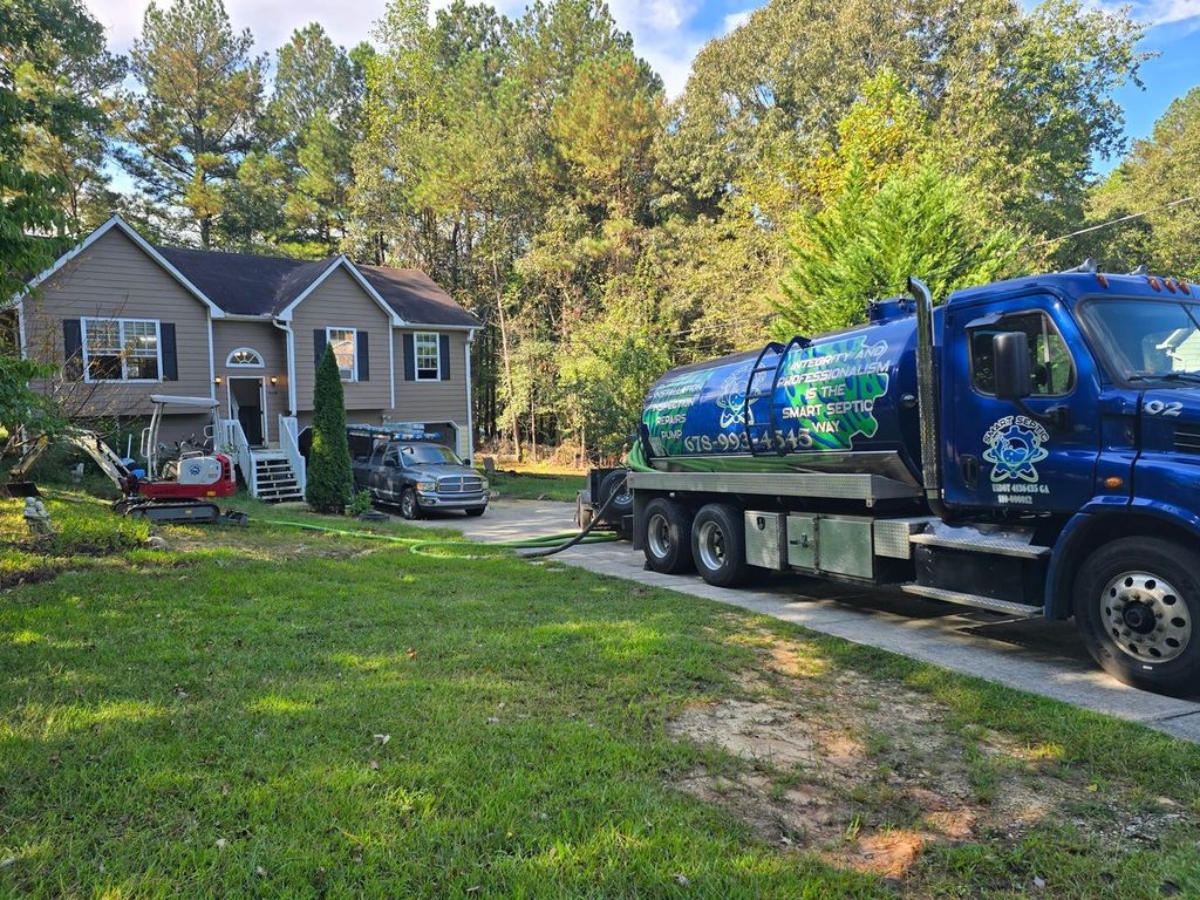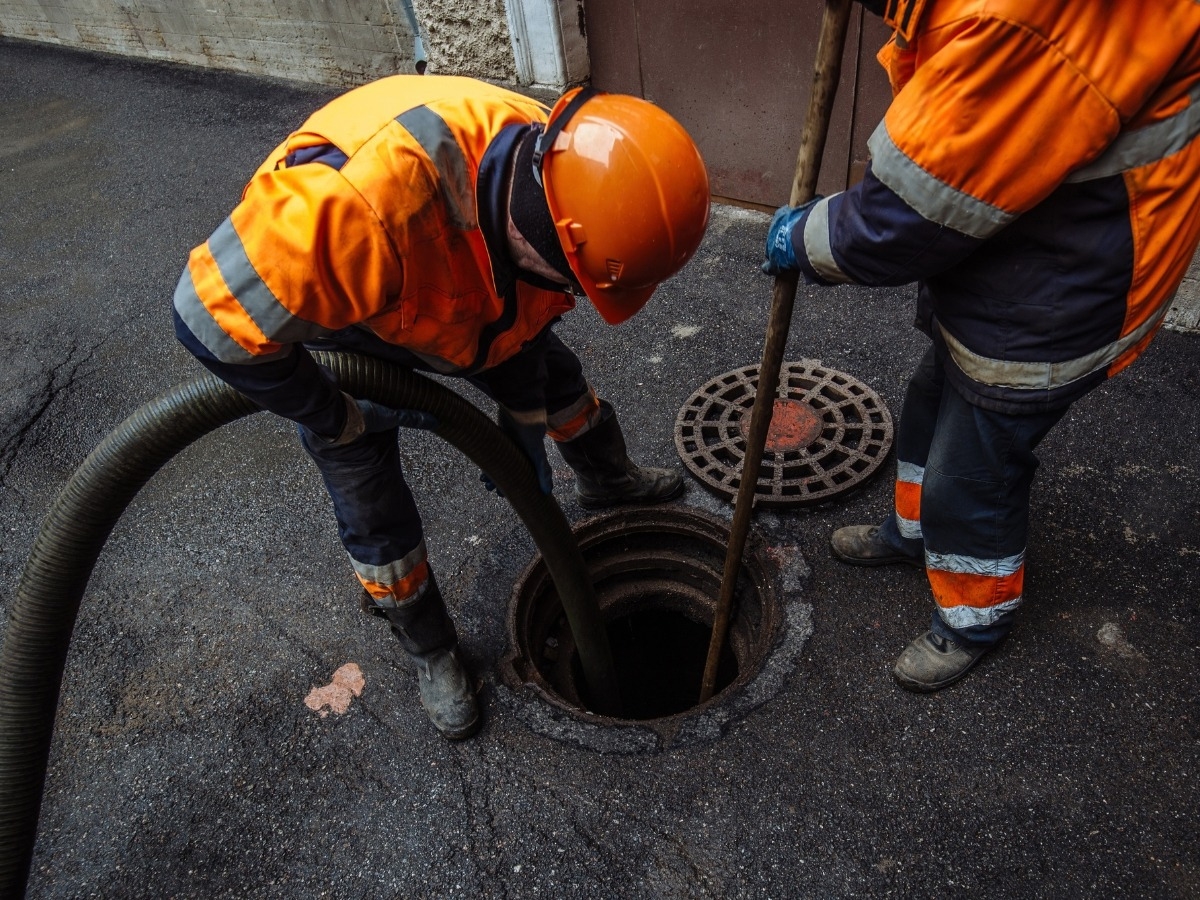Do you know what lies beneath your feet, quietly working day and night to keep your home’s wastewater system running smoothly? It’s your septic system, the unsung hero of sanitation in rural and suburban areas. But like any silent champion, it needs some TLC to maintain its efficiency and longevity. In this guide, we’ll share essential septic tank maintenance tips to ensure your system remains problem-free for years to come.
Top Septic System Maintenance Tips
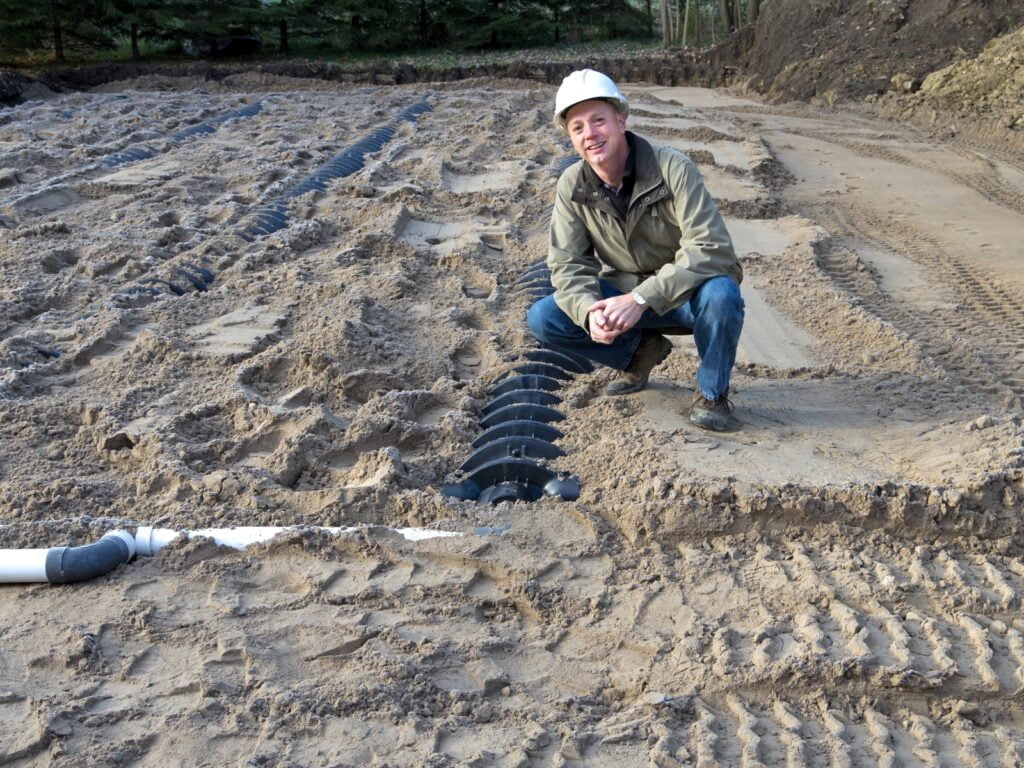
1. Regularly Inspect Your Septic Tank
One of the most important septic system tips is regular inspection. Routine inspections are crucial for the longevity and efficiency of your system. By conducting inspections, you can identify potential issues before they escalate into major problems. For example, you can catch leaks, blockages, or other damage early on.
It’s recommended to have a professional inspect your tank every 1-3 years, depending on usage and local regulations. During inspections, the expert will check for signs of deterioration, excess sludge buildup, and make sure the system is functioning properly. Regular tank inspections not only help maintain septic systems but also save you time, money, and prevent future headaches.
2. Pump Your Septic Tank Regularly
Pumping your septic tank is an essential part of septic sewer maintenance. Over time, solids, grease, and scum accumulate in the tank, which reduces its efficiency. Regular pumping restores the tank’s capacity, prevents clogs, and helps avoid costly repairs.
On average, septic tanks should be pumped every 3 to 5 years, depending on the size of your household. Neglecting this step can lead to clogged septic drain fields, foul odors, or even system failures. Make sure to schedule regular pumping with a professional to ensure your septic system runs efficiently.
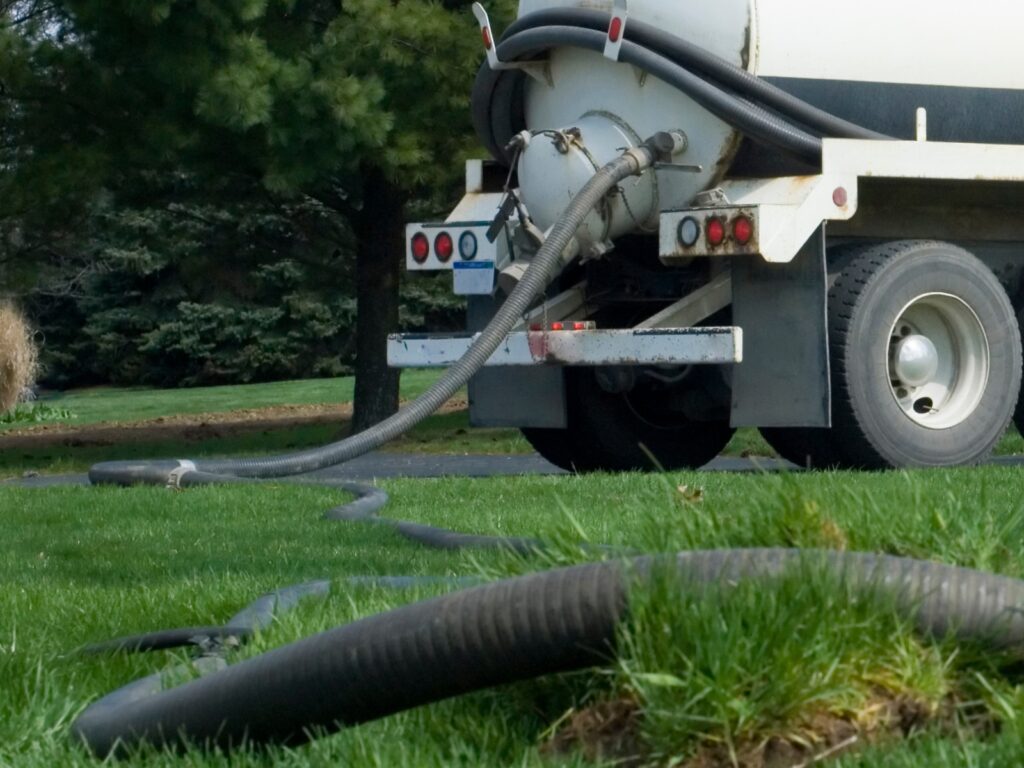
3. Avoid Flushing Non-Biodegradable Items
One of the easiest septic tank tips to follow is avoiding flushing non-biodegradable items. Things like diapers, wipes, feminine hygiene products, and paper towels can cause blockages and damage your system. Stick to biodegradable materials, such as toilet paper, to prevent clogs.
By following this simple advice, you are practicing good septic system upkeep and preventing potential system breakdowns. Regular septic system maintenance can ensure the longevity and efficiency of your septic system and avoid unnecessary expenses.
4. Use Septic System-Friendly Cleaning Products
Another key to maintaining a septic system is using the right cleaning products. Many household cleaners contain harsh chemicals that can disrupt the natural bacteria in your septic tank, which are essential for breaking down waste.
To ensure optimal maintenance of septic tanks, use septic system-friendly cleaning products that are biodegradable. Avoid using antibacterial and harsh chemical cleaners, as they can damage the delicate balance within the system. Regularly using these gentle products can prevent clogs, odors, and extend the life of your system.
5. Be Mindful of Water Conservation
Water conservation plays a significant role in septic bed maintenance. Excessive water usage can overwhelm your system and reduce its efficiency. This is especially important if you have a mound system, as these systems can be more sensitive to overloading.
Simple actions like fixing leaks, installing water-efficient appliances, and spreading out high-water activities can help maintain septic systems. Conserving water ensures that your septic system operates at its peak without overloading.

6. Protect Your Drain Field
Your septic drain field maintenance is as important as maintaining the tank itself. Thedrain field is responsible for filtering and dispersing wastewater, so it must stay in good condition.
To protect it, avoid driving heavy vehicles over the drain field, as this can compact the soil and disrupt its function. Also, be mindful of plants and trees near the field—roots can invade the system and cause significant damage. Regular inspections and septic system upkeep of your drain field will ensure its longevity.
7. Practice Proper Landscaping Techniques
Landscaping can play a significant role in your mound system maintenance or traditional septic system care. Avoid planting trees or shrubs near your septic tank and drain field, as roots can invade and damage the pipes.
Proper grading and drainage around your property can also help with septic bed maintenance by preventing excessive water from saturating the soil. Regularly inspecting your system and following proper landscaping guidelines will ensure your septic system stays healthy for years.
8. Educate Yourself and Your Household
Everyone in your household plays a part in maintaining the septic system. Educate your family on the importance of mindful water usage, avoiding non-biodegradable materials, and being cautious about what goes down the drain.
By teaching your household these tips for septic systems, you can reduce the risk of damage and extend the life of your system.

9. Schedule Professional Maintenance
One of the best septic system tips is to schedule professional maintenance. While regular inspections and pumping are vital, having professionals handle the job ensures everything is done correctly and efficiently.
Companies like Smart Septic Pros can handle everything from inspections to pumping, giving you peace of mind knowing your system is in good hands. Regular professional care ensures the maintenance septic system efforts you make pays off in the long run.
Final Thoughts
Regular septic system maintenance is key to keeping your system running efficiently for years to come. By following these septic tank maintenance tips, you can avoid costly repairs, prevent environmental damage, and extend the life of your system. Whether it’s scheduling regular inspections, using septic-friendly products, or educating your family, every step helps.
Don’t overlook the importance of septic system upkeep. For professional services that ensure your system operates at its best, reach out to Smart Septic Pros. A well-maintained septic system means peace of mind for you and a healthy environment for your home.
